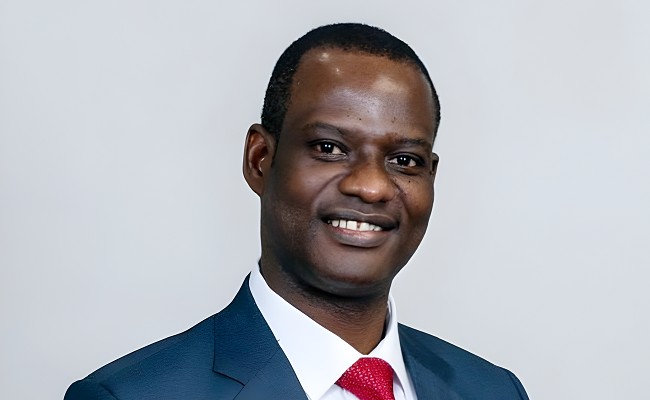
The Federal Government is working on a system that will provide tax relief to 95 percent of the informal sector of the economy.

Mr Taiwo Oyedele, chairman of the Presidential Fiscal Policy and Tax Reforms Committee, said this at the closing session of the committee on Sunday in Abuja.
He said this would be achieved through the exemption of businesses earning N25 million a year or less from the various taxes hindering their progress over time.
“So, we think that 95 percent of the informal sector should be legally exempted from all taxes –withholding tax, company income tax, even payee on their staff.
“We’re using data to inform our decisions. Currently, if you earn N25 million a year or less, you don’t have to pay company income tax, you don’t have to worry about VAT.
“We think that the informal sector are people who are trying to earn legitimate living. We should allow them be and support them to grow to a point where they can then have the ability to pay taxes,” he said.
Oyedele said the new reforms being proposed would focus on the top five percent of that sector, the middle class and the elite for taxes.
He said the committee was drafting the laws to effect the necessary changes in the fiscal policy and tax reform ecosystem of the country.
On compliance, he urged all stakeholders to fully cooperate with the government in implementing a new fiscal and tax policy that would be used for the general good of the citizens.
“We think that the days of being above the law in paying taxes are over. The same thing we’re saying to our leaders, whether they are elected or appointed.
“We think they have to lead by example by showing that they have paid the taxes, not only on time, but correctly to the lawful authorities as contained in the various laws,” he said.
He said explained that some of the taxes complained about by Nigerians were those already in the constitution, which the committee had looked at and called for their review.
Oyedele said the committee report would be made to pass through the normal process of legislation in order to give it the full legal backing.
“So, our expectation is, as we progress now from ideation, proposal to implementation, you’ll see less and less of those issues and then you’ll see harmony in the direction of the fiscal system.
“Not only in the number of taxes we collect; you will also see an improvement in how those monies are being spent.
“In terms of priority of spending, in terms of the efficiency of spending and in terms of focusing on what impacts on the lives of majority of our population that live in multi-dimensional poverty,” he said.
Oyedele added that the committee had been working with the sub-nationals and the local government councils in its task of harmonising the taxes into a single digit.
“So, we’re convinced, and that’s what the data tells us, that the right path we need to follow, is the path where we repeal many of these taxes, harmonise whatever is left.
“We think we can keep that within single digit across local government, state and federal government combined, and then improve the efficiency of collecting those taxes.
“We are also very convinced that we need to increase the threshold of exemption for small businesses, for low income earners because if you can’t make ends meet, the last thing you want is someone asking you to pay tax.”
At the ceremony, Vice President Kashim Shettima restated President Bola Tinubu’s commitment to revitalise revenue generation in the country.
“Our aim remains the revitalisation of revenue generation in Nigeria while sustaining an investment-friendly and globally competitive business environment.
“Contrary to speculations in some quarters, we are not here to frustrate any sector of our economy but to create an administrative system that ensures the benefits of a thriving tax system for all our citizens,” he said.
ALSO READ: Taiwo Akinkunmi: Yoruba group petitions Tinubu over delay in flag designer’s burial







